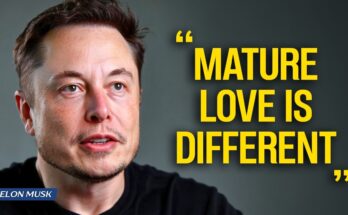I used to believe my mother simply didn’t love me.
She wasn’t cruel. But she was distant. Cold. Her hugs felt rehearsed, her praise—if it came—was clipped and obligatory. Birthdays were remembered, but never celebrated. I grew up in a house where silence echoed louder than affection.
I spent years trying to earn her warmth. Straight A’s. Clean rooms. Quiet obedience. Nothing cracked her shell. I told myself she was just tired, or maybe broken in ways I couldn’t see. But deep down, I feared the truth: that I was the mistake she never meant to make.
When she passed away, I felt grief—but also confusion. There were no final words. No reconciliation. Just a funeral, a few polite condolences, and a box of her belongings I didn’t want to open.
But I did.
Inside was a diary. Leather-bound, worn at the edges. I hesitated, then flipped it open. Her handwriting—elegant, familiar—filled the pages. And there, in ink that trembled with emotion, was the truth I’d always feared.
“I never wanted a child. Not then. Not with him. I tried to love her, I really did. But every time I looked at her, I saw the life I lost.”
I stopped breathing.
She was talking about me.
I read on, heart pounding. Entry after entry revealed a woman trapped in regret. She’d wanted to leave my father, pursue her art, travel the world. But then she got pregnant. And everything changed.
“I chose duty over desire. And I resented her for it. Not because she did anything wrong—but because she existed.”
It was a brutal confession. But strangely, it didn’t break me. It explained everything. The coldness. The distance. The way she looked at me like I was a mirror she couldn’t bear to face.
And then, near the end of the diary, something shifted.
“She’s grown now. Strong. Kind. Everything I wasn’t. I watch her laugh and wonder how I could have missed it all. I regret not loving her the way she deserved. I regret letting my pain become her inheritance.”
I cried.
Not because she regretted me—but because she finally saw me.
Her words didn’t erase the years of silence. But they gave me context. Closure. And, strangely, compassion. She wasn’t a monster. She was a woman who made a choice, then lived with its consequences. And I was the living reminder of that choice.
I used to think I was her burden. But now I know—I was her reckoning.
And maybe, in the end, her redemption.

